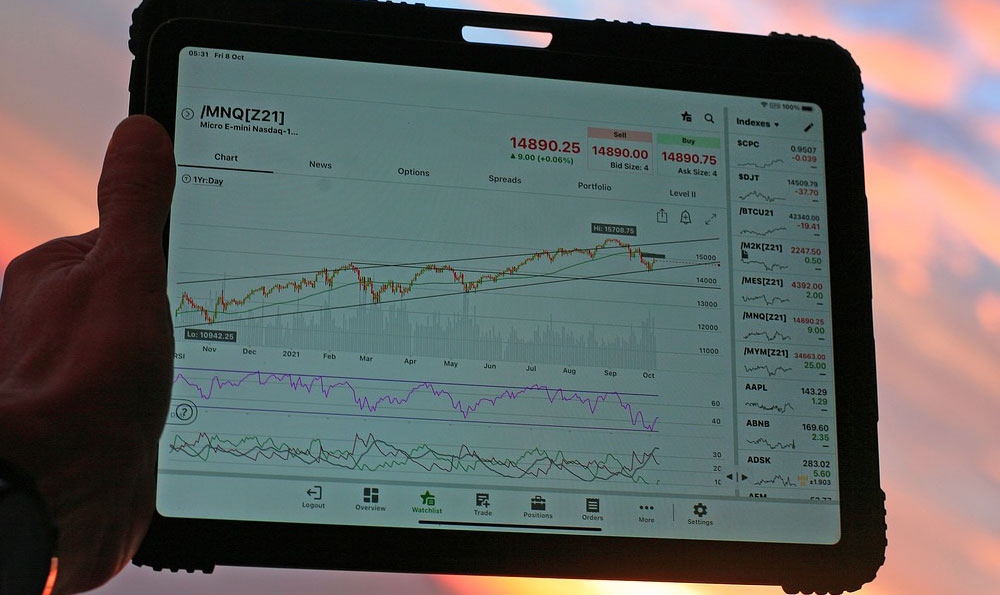Elon Musk, the visionary behind SpaceX, has undeniably revolutionized the space industry. His audacious goals, ranging from colonizing Mars to providing global internet access via Starlink, have captured the imagination of millions. But beneath the dazzling displays of rocket launches and futuristic promises lies a complex question: Does Elon Musk profit from rocketships, and what is the real Return on Investment (ROI)?
The straightforward answer is yes, Elon Musk does profit, albeit indirectly, from SpaceX and its rocketships. However, understanding the nature of that profit and calculating a definitive ROI is far more nuanced than a simple accounting exercise. Musk's personal financial gain isn't solely tied to immediate revenue generation from rocket launches. It's intricately linked to the long-term growth, valuation, and strategic positioning of SpaceX as a whole.
One crucial aspect to consider is the ownership structure. Musk isn't taking a direct cut from every launch contract in the form of a salary or dividend payout. His wealth is largely tied to his equity stake in SpaceX. As the company grows, secures lucrative contracts, and achieves technological breakthroughs, its valuation increases. This, in turn, inflates the value of Musk's holdings, significantly boosting his net worth. The "profit" here isn't a cash dividend, but rather an appreciation in the value of his assets.

SpaceX generates revenue through various avenues. The most prominent is launching satellites for commercial clients, governments (including NASA and the US military), and its own Starlink constellation. Each successful launch translates to revenue, covering operational costs, research and development, and future expansion. Furthermore, SpaceX is pioneering reusable rocket technology, which dramatically reduces the cost per launch compared to traditional expendable rockets. This cost advantage allows SpaceX to offer competitive pricing, attract more clients, and increase profit margins per launch in the long run. The development of the Falcon 9 and Falcon Heavy rockets represents a significant initial investment, but the reusability factor amortizes that cost over numerous flights, enhancing profitability with each subsequent mission.
Beyond direct launch revenue, SpaceX is fostering a thriving ecosystem that generates further economic activity. The Starlink project, aiming to provide high-speed internet access globally, represents a potentially enormous revenue stream. Subscriptions to Starlink services contribute to recurring revenue and solidify SpaceX's position as a major telecommunications provider. The development and deployment of Starlink satellites also create demand for SpaceX's launch services, creating a synergistic relationship that strengthens the company's overall financial prospects.
Calculating a precise ROI for Musk's investment in SpaceX is challenging due to several factors. SpaceX is a private company, meaning its financial statements aren't publicly available. Moreover, many of the company's ventures, such as Mars colonization, are long-term projects with uncertain timelines and returns. The initial investment in research, development, and infrastructure for these projects is substantial, and the potential future payoff is speculative.
Furthermore, the "ROI" isn't purely financial. Musk's investment in SpaceX is also driven by a deep-seated desire to advance space exploration and secure humanity's future as a multi-planetary species. The intangible benefits of technological innovation, scientific discovery, and inspiring future generations are difficult to quantify in monetary terms. These non-financial returns, though less tangible, are arguably just as important to Musk.
To estimate a rough ROI, one would need to consider several variables. The initial investment made by Musk and other investors, the cumulative revenue generated from launches and Starlink services, the ongoing operational costs, the investments in R&D for future projects, and the company's current valuation. Comparing the change in SpaceX's valuation over time to the initial investment would provide a reasonable estimate of the ROI. However, this would still be an approximation, as it wouldn't fully account for the intangible benefits and the potential future value of SpaceX's long-term projects.
In conclusion, while a precise ROI is elusive, it's clear that Elon Musk profits from SpaceX and its rocketships. His profit comes not only from the revenue generated by launches and related services but also, and perhaps more significantly, from the exponential growth in SpaceX's valuation and its strategic position as a leader in the burgeoning space industry. Moreover, the intangible benefits associated with technological advancement and humanity's future are an integral part of the overall return on investment for Musk. He is playing a long game, and while immediate, easily quantifiable profits are a part of the equation, the ultimate goal is far grander than mere monetary gain. It's about shaping the future of humanity in space. The true ROI, in Musk's view, will be measured not in dollars, but in the expansion of human civilization beyond Earth.












